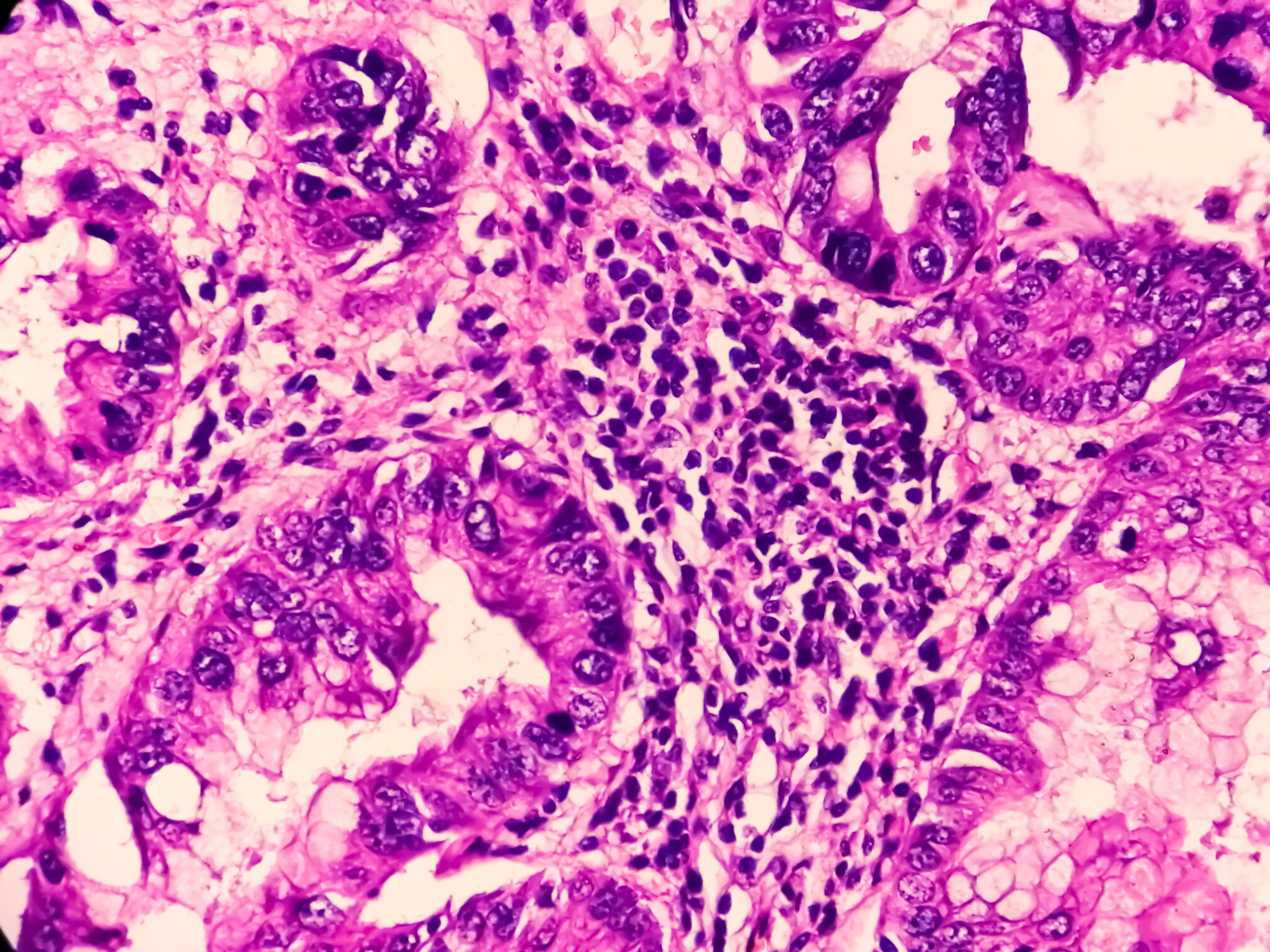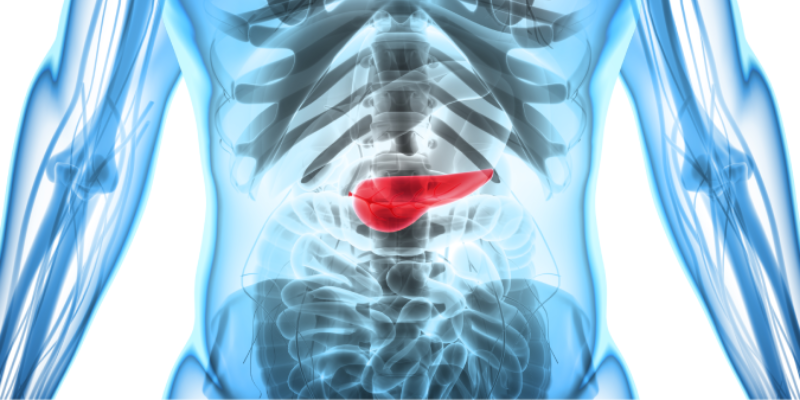
According to a study, published in Frontiers in Oncology, pancreatic ductal adenocarcinoma (PDAC) is one of the most significant contributors to cancer mortality, and effective treatment options are an unmet need. Lead author, Yiqia Luo, and colleagues noted that long non-coding RNA H19 (H19) is “known to promote PDAC progression, but the downstream genes of H19 are largely unknown.” They sequenced a wide array of samples and identified that the cell cycle inhibitor, UHMK1, had the strongest associations with H19. Specifically, “we characterized UHMK1 as an H19-induced oncogene and verified it as a novel PDAC prognostic marker for overall survival.”
The study’s authors also relayed that, “based on the correlation between UHMK1 expression and clinical parameters, we developed a nomogram that reliably predicts patient prognosis and overall survival.”
Researchers used gene array, RT-qPCR, Western blotting, MTT, colony formation, wound-healing, siRNA-mediated gene silencing, bioinformatics, xenotransplantation, and immunohistochemistry assays. These methods were used to assess H19 and UHMK1 in samples and data from five PDAC cell lines, nonmalignant pancreatic cells, The Cancer Genome Atlas (TCGA) database, 413 malignant and 234 nonmalignant Genetic Expression Omnibus (GEO)-derived pancreatic tissues, a pancreatic tissue array, and 20 each, malignant and nonmalignant pancreatic tissues from the authors’ own clinic.
In the article, the authors reported that UHMK1 expression was enhanced in PDAC tissues, and that high UHMK1 expression was associated with tumor stage as well as reduced overall survival (OS). Additionally, siRNA-mediated UHMK1 downregulation inhibited progression signaling, while siRNA-mediated downregulation of H19 or UHMK1 “inhibited tumor proliferation and xenograft growth.”
“In conclusion,” Luo wrote, “we characterized UHMK1 as a new lncRNA H19-induced gene and highlighted the function of UHMK1 as a novel progression and prognostic marker and therapeutic target in PDAC.”







 © 2025 Mashup Media, LLC, a Formedics Property. All Rights Reserved.
© 2025 Mashup Media, LLC, a Formedics Property. All Rights Reserved.